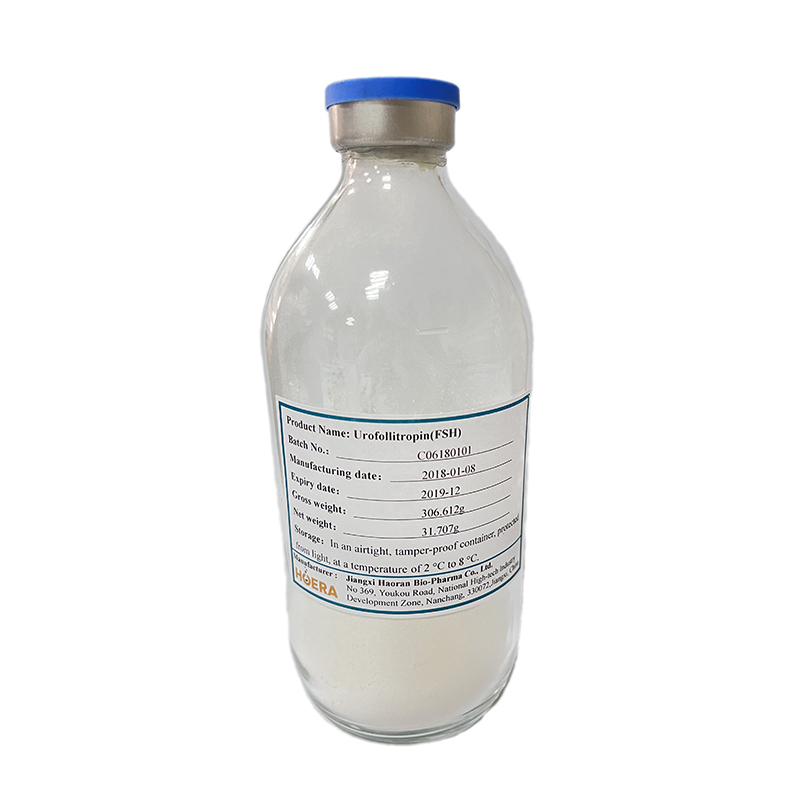Hyperkalemia is the medical term for high potassium levels. There are often no symptoms, but it can be a sign of kidney disease, dehydration, diabetes complications, and many other health conditions. Treatment will depend on the cause.
The leading causes of hyperkalemia are chronic kidney disease, uncontrolled diabetes, dehydration, an injury causing severe bleeding, consuming excessive dietary potassium, and some medications. A doctor will typically diagnose hyperkalemia when an individual’s potassium levels are greater than 5.0–5.5 milliequivalents per liter. Prevent Thrombosis After Surgery

Treatment for hyperkalemia varies according to severity. In acute hyperkalemia, which often results from a particular event, such as trauma, doctors may use dialysis and intravenous medications to flush the potassium from the body. Chronic hyperkalemia usually means that a person’s kidneys are not functioning correctly, and doctors will offer treatment to manage the condition.
In this article, we will discuss the causes, symptoms, and treatment options for hyperkalemia.
Hyperkalemia describes a medical condition in which a person has too much potassium in their blood. Typically, the body’s kidneys are able to regulate its serum concentration of potassium. However, if the kidneys are not functioning well, potassium can accumulate in the blood. Most sources suggest that normal potassium serum levels are between 3.6–5 millimoles per liter, and levels above 5 mmol/l indicate hyperkalemia.
Potassium is one of the seven essential macrominerals that people require for optimal health. It plays an important role in many bodily functions, such as helping the kidneys, heart, muscles, and the transmission of messages through the nervous system.
However, while it is important that people consume a sufficient amount of dietary potassium, having too much present in the blood can result in health complications. According to the Office of Dietary Supplements (ODS), the adequate intake level for potassium is roughly 2,600–3,400 milligrams for most adults and a daily value of 4,700 mg for adults and children age 4 years and older
There are different causes of high potassium levels, most of which affect the function of the kidneys. Possible causes of hyperkalemia may include:
Typically, a person with hyperkalemia will experience very few, if any, symptoms. The symptoms they may experience are often mild and nonspecific, which means that doctors may overlook it until symptoms worsen.
Hyperkalemia occurs when the body is unable to remove excess potassium. As an electrolyte, it helps regulate fluid and blood levels, muscle contractions, and nerve impulses. As such, high levels of potassium may disrupt or affect many of these processes.
Acute hyperkalemia is when significant changes to potassium levels occur over a short time, and it is more serious than having chronic hyperkalemia, or regularly high potassium levels. However, both acute and chronically high potassium levels can be dangerous, potentially causing a heart attack or paralysis.
Chronic hyperkalemia often has fewer symptoms than acute hyperkalemia.
At higher potassium levels, symptoms of hyperkalemia can include:
Hyperkalemia often presents with no symptoms. This means doctors often find it challenging to diagnose.
In people with cases of acute hyperkalemia, doctors will:
In people with cases of chronic hyperkalemia, doctors follow up by ordering routine laboratory work, such as blood tests or urine samples. Additionally, they may check medications to ensure there are no interactions that may contribute to high potassium levels.
Doctors often use dialysis to treat people with cases of hyperkalemia that require urgent treatment. Dialysis involves filtering the blood to eliminate toxins, and it will reduce the body’s total potassium levels. People with kidney failure or urgent cases of hyperkalemia will benefit the most from dialysis.
In acute hyperkalemia, doctors may prescribe the following treatments to lower potassium levels:
Treatment options for chronic hyperkalemia may include stopping or adjusting medications, avoiding NSAIDs, and reducing the consumption of foods rich in potassium. Additionally, people may benefit from avoiding certain salt substitutes, herbal remedies, or supplements and taking diuretics and potassium binders.
If a person is at risk for developing hyperkalemia, they can make some dietary alterations that may help prevent their potassium levels from becoming too high. However, before making any changes, it is advisable to discuss them with a doctor.
For example, a doctor might recommend limiting foods that contain high levels of potassium. According to the Dietary Guidelines for Americans, the foods with the highest potassium per serving size are:
Other high potassium foods include:
In addition to limiting or avoiding certain foods, people can also:
Treatment for hyperkalemia varies according to whether it is acute or chronic. Acute hyperkalemia is more urgent and dangerous than chronic hyperkalemia and requires rapid treatment, such as dialysis.
Some groups of people are more likely to experience hyperkalemia. Being older or male can increase the risk of hyperkalemia. Having kidney disease, hypertension, diabetes, heart disease, or a past heart attack may also increase the risk of developing hyperkalemia.
Talking with a doctor is the first step to prevent hyperkalemia and find effective treatment.
Last medically reviewed on February 14, 2022
Potassium is a nutrient that is key to good heart health. In this article, learn about the best high potassium foods that people can eat.
The kidneys regulate levels of water in the body and remove waste and toxins from the blood. Dialysis does this for people with failing or damaged…
Dark-colored urine and thirst are classic signs that someone is dehydrated. The simple solution is to drink more. But when dehydration occurs in the…

Protease Inhibitor Chronic kidney disease is a progressive loss of kidney function. The symptoms may not be noticeable until the condition is advanced. Learn more here…